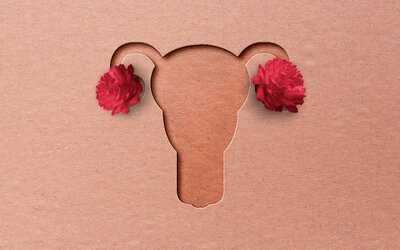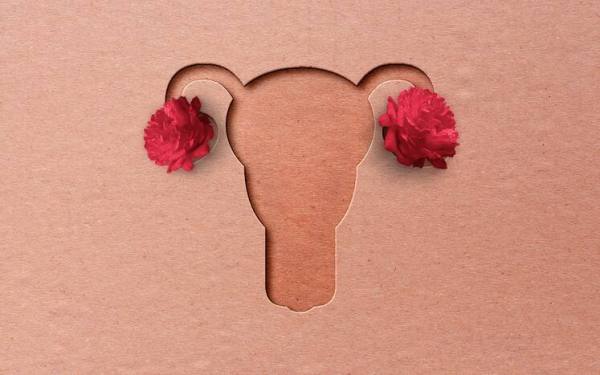
 Image credits: Getty- stock photo
Image credits: Getty- stock photo
Essentially, hormonal changes that affect several physiological functions, including the immune system, result in a complex mechanism termed a menstrual cycle. Some knowledge of their cycles and effects on immunity would allow women to better complete a possible self-management on their cycle and further reduce opportunities for being vulnerable during the different phases of the cycle.
The four phases of menstrual cycle that affect the immune response include the follicular phase, ovulation phase, and luteal phase.
Menstrual phase: days 1-5, the estrogen and progesterone levels are at their lowest. Immune activity is slowed down due to the initial inflammatory process that begins in the healing process and sloughing off the uterine tissue. Weakening of the immune system slightly raises the chance of infections due to tissue repair.
Follicular phase: days 6-14. Estrogen is rising until ovulation. Prime's capabilities of immunity could enhance immunity in reducing infections in the body. Estrogen has a role in controlling inflammation in the body and keeping general health intact. At ovulation: about day 14-peak estrogen level before maximal immune efficacy. An ongoing inflammatory reaction could be there to ward off threatening pathogenic invaders. Minor immune symptoms may be manifested in women sometimes, such as acne, or allergens could compromise their immunity.
Luteal Phase: days 15-28; during this phase, progesterone raises and depresses immune functions in case of potential implantation. There's a high probability of getting infections: cold and flu. There are raised levels of inflammation that may give room for bloating, fatigue, and mood changes.
To support the immune system and reduce the disordering effects of the cycle diets rich in Nutrition A, vitamin C, vitamin D, zinc, and antioxidant foods should be included to support immune function. Plenty of water should be taken to enhance detoxification and thus reduce inflammation. Moderate physical activity such as yoga and walking may be observed, especially during the luteal and menstrual phases. Enough sleep is vital in building immunity.
Stress Management: Some options to consider include mindfulness, meditation, deep breathing, and relaxation skills that may help restore some hormonal balance. Ensure a clean menstrual hygiene routine to avoid any infections.
Hormonal variations through the period are determining factors as far as the immune system is concerned; they make the victim vulnerable to infections and inflammation at certain times. A woman's knowledge about these changes, along with the necessary precautions, can be taken for the maximized immune function and health throughout the cycle.
-This article is authored by Dr. Nagaveni R, Consultant - Obstetrician & Gynecologist, Motherhood Hospital, HRBR Layout, Hennur & Hebbal.